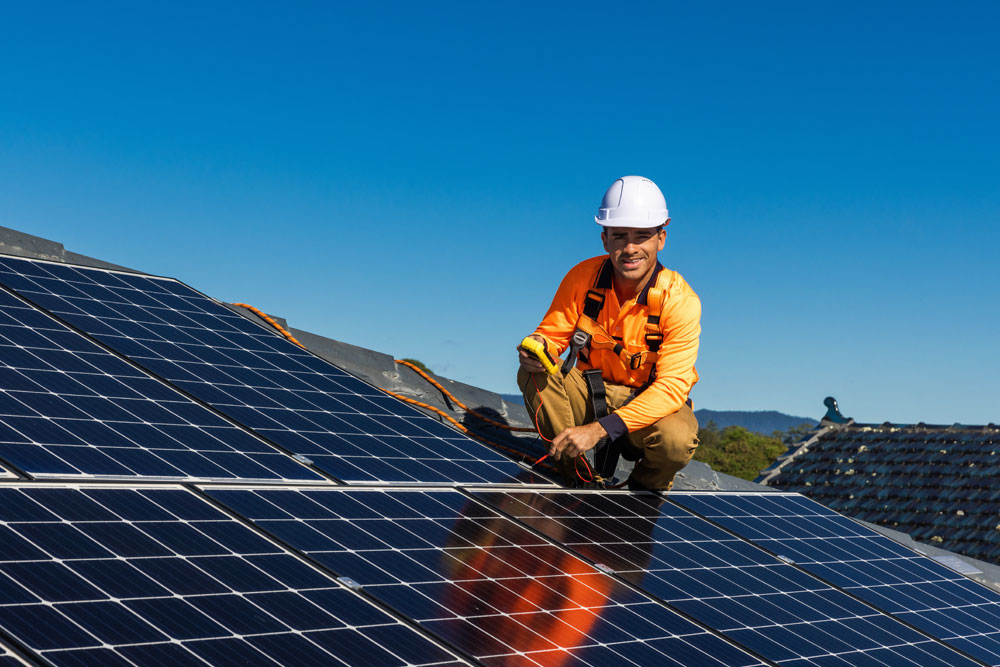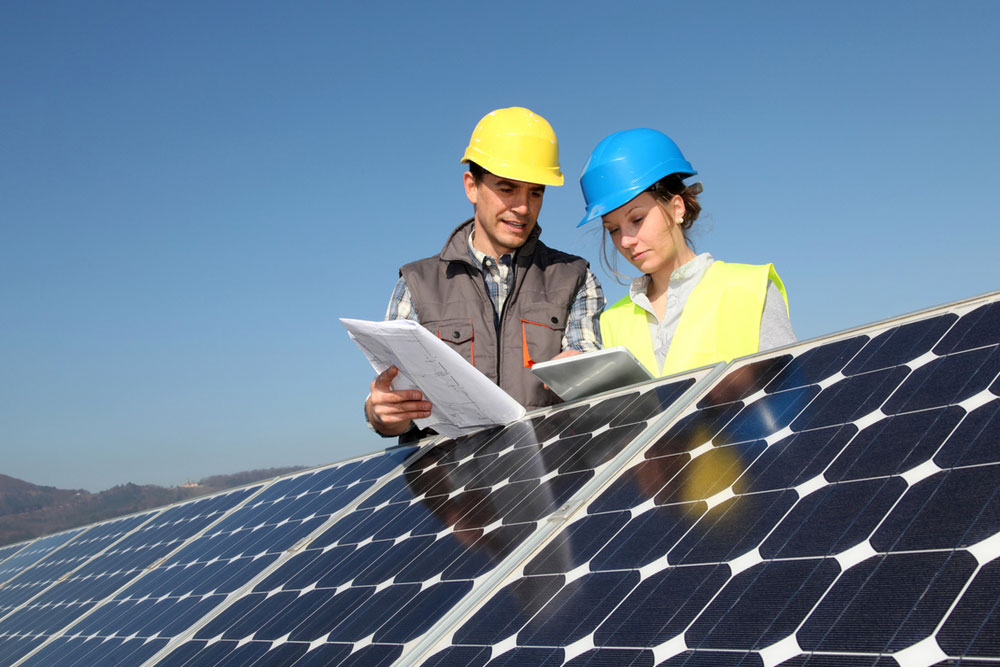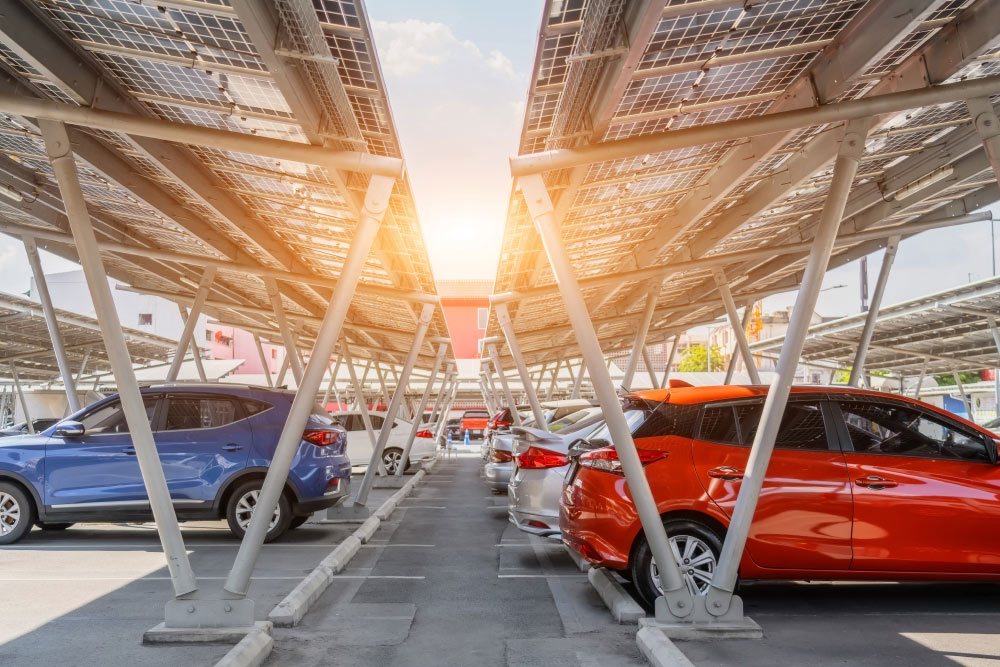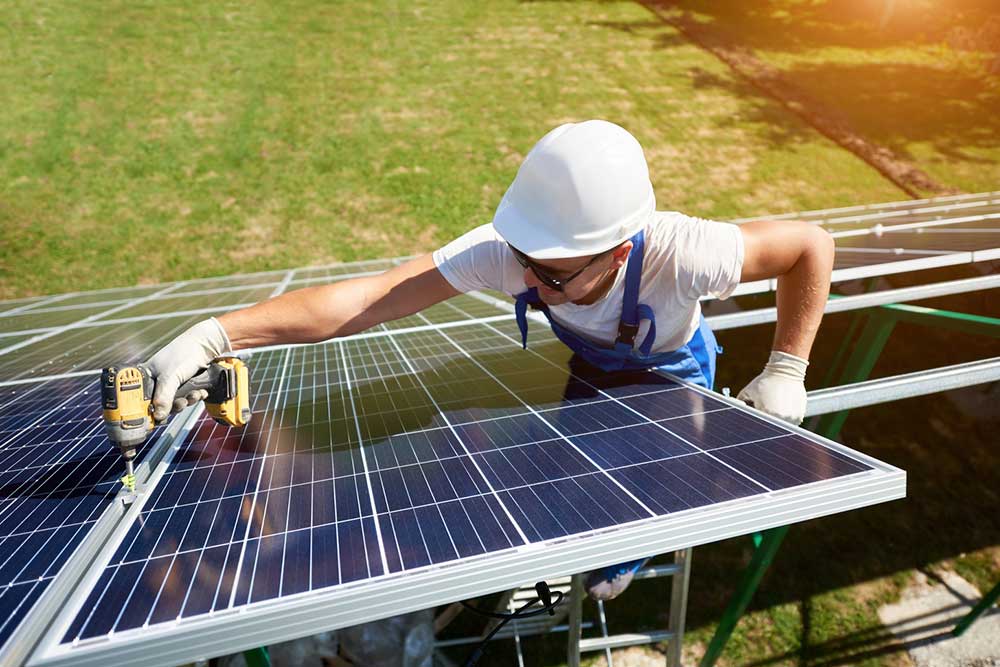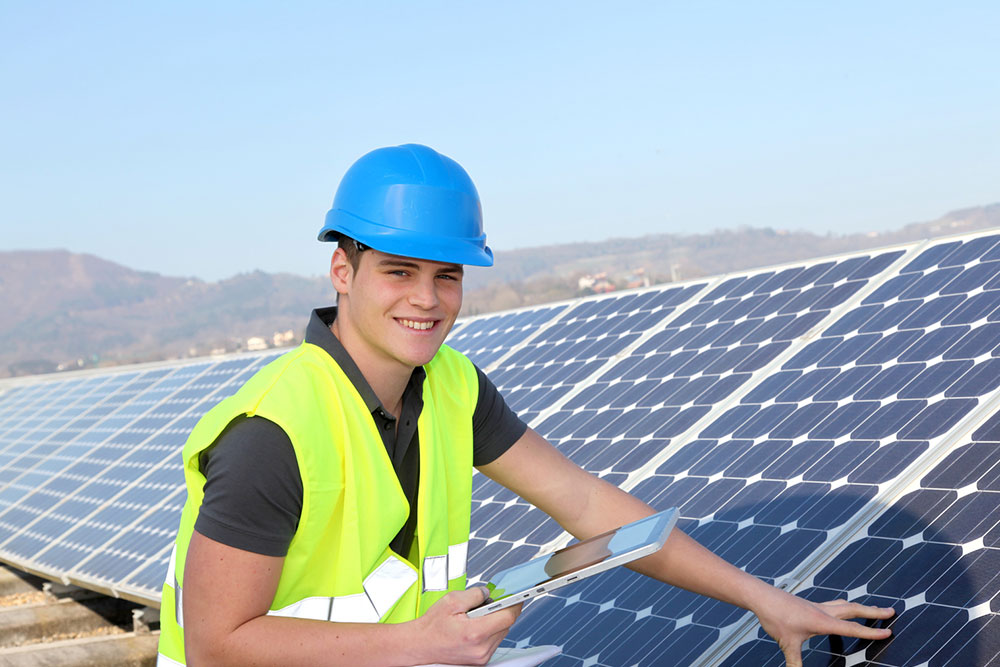Tesla Solar Panel in 2024 – Costs, Installation Process, and More
Solar panels produce sustainable energy from one’s home and help one save a lot on recurring expenses. Those looking to invest in solar panels can check out those manufactured by Tesla. They’re sleek, with no visible mounting hardware. However, before buying anything, especially something that’s expensive, one needs to have enough information about the product and how it can be financed. Here’s what to know about Tesla and its solar panel costs in 2024:
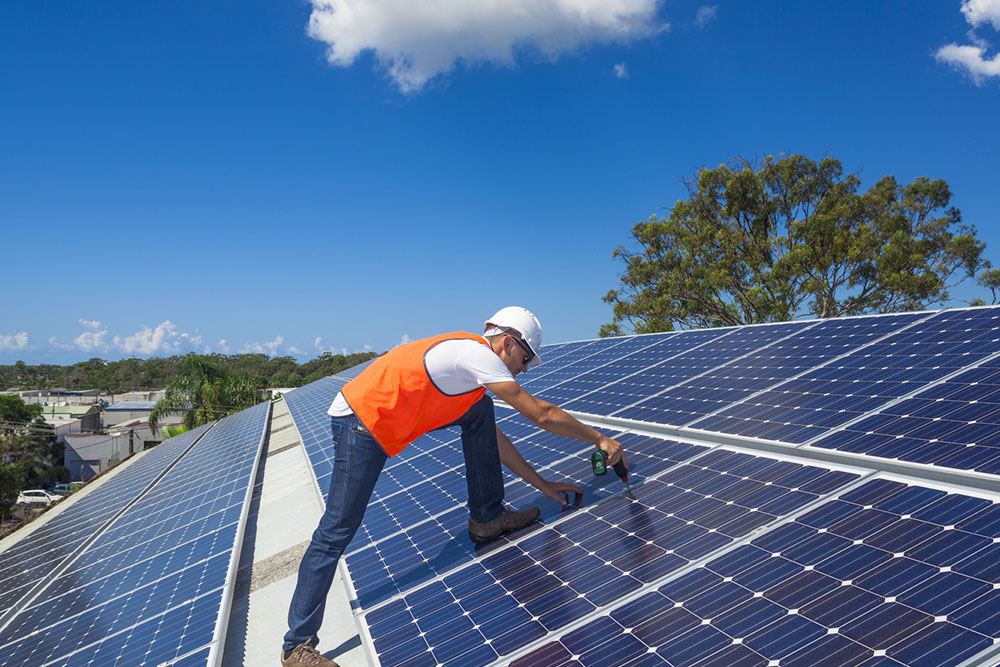
1. Cost of Tesla solar panels
The complete price of Tesla solar panels may differ depending on the type of installation. Factors like the equipment and installation charges may also differ based on the size of the panel. For instance, in the case of Tesla solar panels, one might pay an average of $26,000 for a 9.6 kW system. The same individual may pay around $39,000 for 14.4 kW after applying the 30% federal solar tax incentive. While the starting price is about $3.90 per watt, it could drop lower because of price matching. On the other hand, a Tesla solar roof may have a higher price tag, which could range between $45,000 and $90,000. Those who get a Tesla Powerwall installed for backup power may have to pay about $11,500 per 13.5 kWh battery.
2. Deals on Tesla solar panels
There are various deals through which one could manage the cost associated with the Tesla solar panels. These include the following:
- Solar incentives
Solar panels from Tesla qualify for the same incentives and rebates as other solar installations. One of the top solar incentives is the federal tax credit, which could help qualifying individuals save thousands of dollars. However, one should note that the federal solar tax credit may not cover all Tesla solar products. For example, solar batteries may only qualify for the solar tax credit if they are installed with solar panels. With this in mind, here are some of the most common solar incentives available to most consumers. - Federal solar tax credit
The purpose of the federal solar tax credit is to encourage investments in renewable solar energy. The tax credit covers a specific percentage of the solar system’s cost, reducing the taxpayer’s federal income tax liability by that amount. While the benefit applies to solar panel equipment and installation costs, it does not cover structural modifications to support the panel. A few things covered by the federal solar tax credit include solar panels or PV cells, solar water heaters, permit fees, energy storage devices with a capacity of 3 kWh or more, inspection costs, and developer fees. All solar photovoltaic (PV) installations, irrespective of the state they are in, are eligible for the solar investment tax credit (ITC) of 30%. - State tax credits
Select states offer some form of solar tax credit that could be used in addition to the federal credit. While these credits work similarly to the solar ITC, the tax credit is dedicated to any state taxes owed. The amount of tax credits will differ from one state to another. - Net metering
The solar installation might be eligible for net metering (NEM), depending on one’s utility provider. This is an incentive through which one’s utility credits them for the excess energy returned to the grid by the home solar system. - Local solar incentives
Another way to manage solar costs is through local solar incentives. The city, state, or utility company may provide additional incentives through additional rebates, tax credits, or direct payments.
3. Tesla solar financing options
Those who wish to install a solar system from Tesla can do so with the help of the company’s solar financing options. The brand’s solar loan may come at an APR of about 7.5%. However, this is free from additional dealer fees, typically bundled with other solar loans offered by third-party operators. One should also note that the precise rate may differ based on one’s credit.
4. Savings through cash payments
One of the best ways to save on Tesla solar panel installations is by paying for the entire system upfront. While financing could help split payments over multiple months, it also includes added interest. Therefore, paying for the system upfront could help one save thousands of dollars when purchasing the system. Even if one cannot pay the full amount for the solar panels from Tesla, one should try to put as much money down as possible. This could help decrease interest rates when paired with the financing option.
5. Combined purchases
If an individual is confident that they want a full solar system and a Tesla Powerwall, they ought to have them installed together. Having them installed on separate dates may result in additional costs, such as labor and equipment fees.
Finding a Tesla solar panel installation service
Several customers often look for search terms like “Tesla solar roof near me.” One can easily order the solar panel online from Tesla’s website.
- The individual could carry out a virtual home assessment, where one needs to send photos of their equipment and system spaces instead of having a crew inspect the areas before installation.
- Tesla Solar representatives use these images to create a solar design for the home. The exact design will be customized based on one’s rooftop, geography, budget, and other aspects of the home.
- The installation process is usually completed on the same day, after which Tesla will work with the local building department to schedule an inspection. Tesla has to work with the utility company to seek permission to operate the system.
- Lastly, the utility company sends permission to operate (PTO). Once the inspection passes, a homeowner can power on the Tesla solar energy products to generate electricity.
